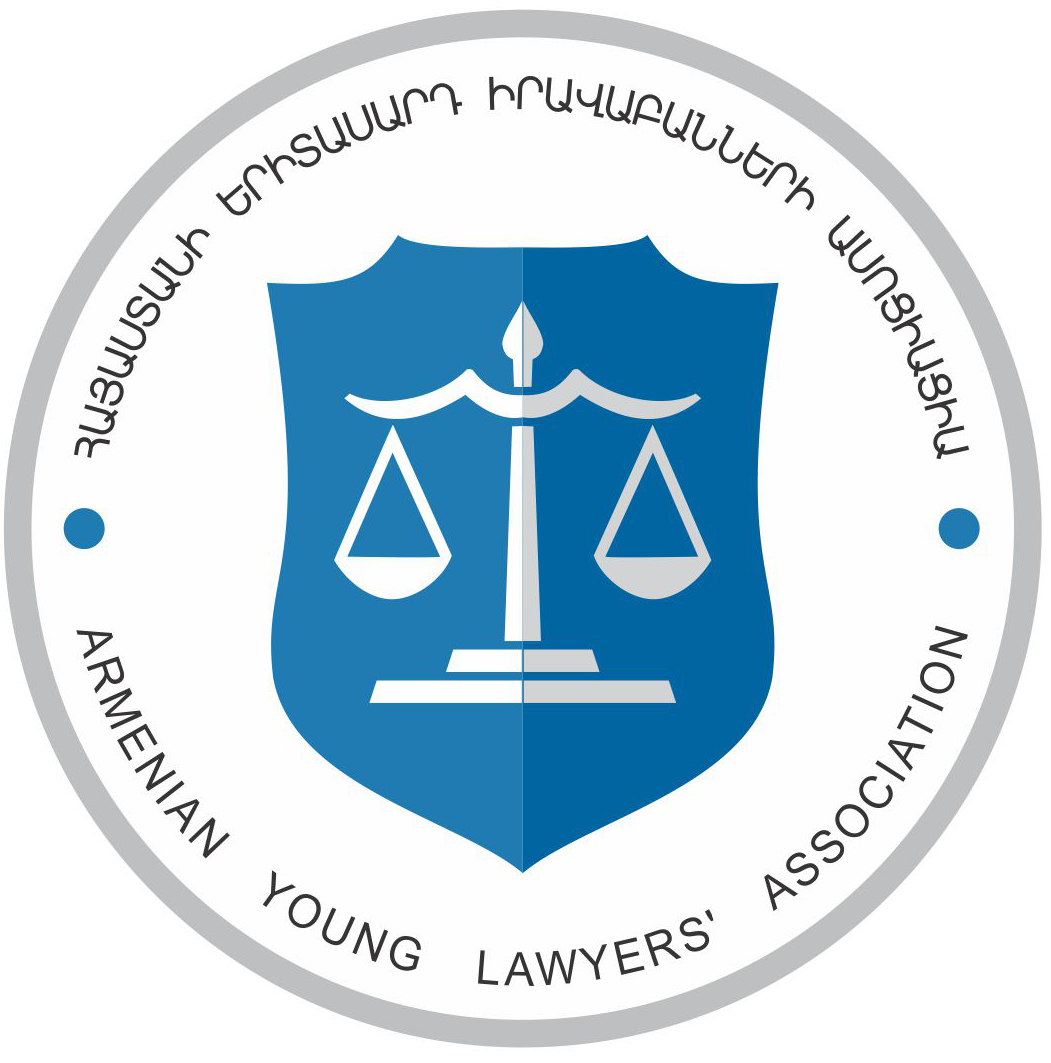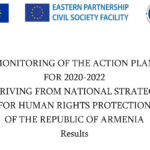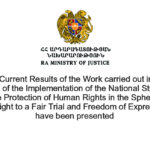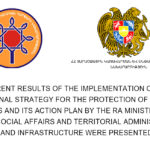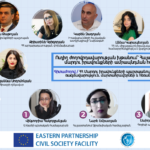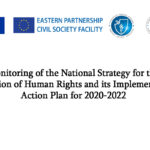Right to Freedom of Assembly and the Right to Freedom of Expression

The right to freedom of assembly and the right to freedom of expression is a fundamental human right.
According to Article 44 of the Constitution of the Republic of Armenia, “Everyone shall have the right to freely participate and organize peaceful, unarmed assemblies,” and Article 42 refers to the right of Freedom of Expression of Opinion, according to which “Everyone shall have the right to freely express his or her opinion. This right shall include freedom to hold own opinion, as well as to seek, receive and disseminate information and ideas through any media, without the interference of state or local self-government bodies and regardless of state frontiers.”
According to National Strategy for the Protection of Human Rights and its Implementation Action Plan for 2020-2022” (hereinafter referred to as the Strategy) approved by the Government of the Republic of Armenia on 26 December, 2019 by Decision No. 1978-L, are also aimed at improving the protection of these rights. .
Right to freedom of assembly
The objective of the strategy and the resulting action plan is to protect, guarantee the right of everyone to peaceful assembly, to undertake the necessary legal reforms, and to reduce the number of complaints and violations as a result of police action during rallies.
To achieve this goal, the action plan for 2020-2022 envisages the following 3 measures: 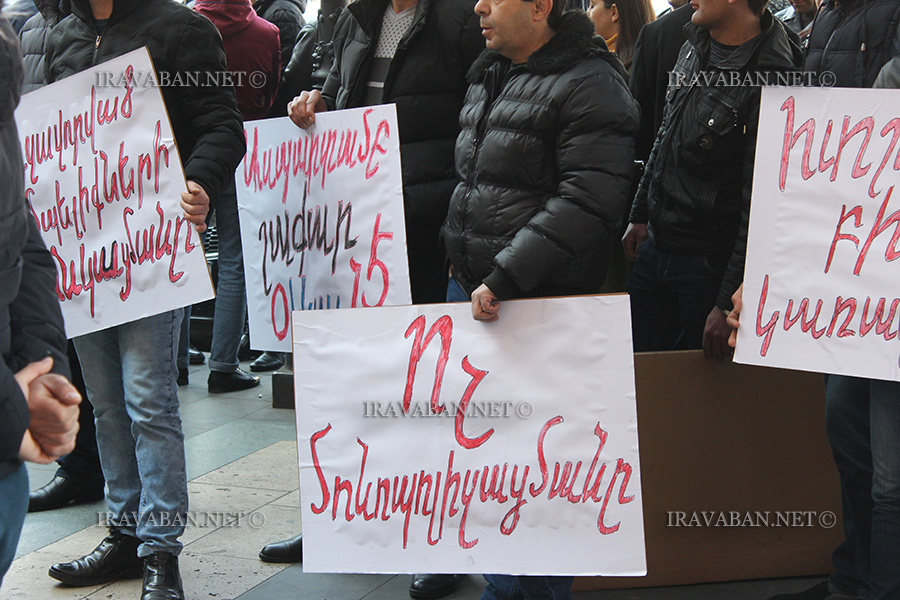
- Amend the Law on Freedom of Assembly in accordance with international standards.
- Provide training on the topic of freedom of assembly related to international standards.
- Legislatively define the procedure and conditions of operation of the RA Police in connection with the rallies in accordance with international standards.
As a result of the above-mentioned actions, it is envisaged to reduce the cases of violation of the rights of the participants of the rallies by the RA Police, including the use of disproportionate force against them, as well as the cases of violations of the rights of media representatives covering the rallies.
Right to Freedom of Expression of Opinion
The resulting action plans of the strategy mainly include measures aimed at improving the legal framework on freedom of information, as well as the implementation of measures aimed at educating people, and media literacy.
The action plan for 2020-2022 envisages the implementation of the following 5 measures:
- Legislatively provide the requirement to identify the beneficial owners of the organizations operating in the field of mass media registered in the territory of the Republic of Armenia and to have public access to data on the latter.
- Review restrictions on media licensing / broadcasting procedures.
- Provide training on the right to receive information on national legislation and international standards.
- Sign the Council of Europe Convention on Access to Official Documents.
- Amend the Law on Freedom of Conscience and Religious Organizations.
 As a result of the above-mentioned actions, it is planned to reduce the cases of restrictions on the exercise of the right to freedom of information and mass media, violations of the right to receive impartial and quality information, restrictions on the right to collect and disseminate information by the media, denial of licensing. In case of ratification of the Council of Europe Convention on Access to Official Documents, international access to information structures will be ensured; and also the revision of the Law on Freedom of Conscience and Religious Organizations will provide grounds for strengthening the legislative guarantees of freedom of conscience and religion.
As a result of the above-mentioned actions, it is planned to reduce the cases of restrictions on the exercise of the right to freedom of information and mass media, violations of the right to receive impartial and quality information, restrictions on the right to collect and disseminate information by the media, denial of licensing. In case of ratification of the Council of Europe Convention on Access to Official Documents, international access to information structures will be ensured; and also the revision of the Law on Freedom of Conscience and Religious Organizations will provide grounds for strengthening the legislative guarantees of freedom of conscience and religion.
This publication has been produced in the scope of the “Promoting Direct Democracy for Strengthening Human Rights in Armenia” project implemented in the framework of the “Eastern Partnership Civil Society Facility” project funded by the European Union
The contents of this publication are the sole responsibility of the fellow for the “Promoting Direct Democracy for Strengthening of Human Rights in Armenia” project and do not necessarily reflect the opinion of the European Union.
